I was 22 years old, wringing my hands with nervous energy, and eagerly awaiting feedback on my portfolio. Across the table sat three partners of a small boutique agency here in Portland (oddly enough, the boutique was located in the same building Caffelli now calls home). I wanted nothing more than to hear validation that the many, many, late nights were time well spent. That my portfolio gave them the impression that I would be a great intern at their agency.
Their feedback was kind. They expressed that the work was solid—and I was relieved to hear it. However they told me they needed to think on the decision. They explained, it was all about ‘fit’. The next day I received a gentle let down—I was not the right fit.
Did I dress wrong?
WTH is fit?
At 22 years old, going further and further into debt, eating discounted ‘must sell today’ items from the grocer and day old bagels to get by, the sacrifices were not sustainable. And as an immigrant, once living in a shanty in Peru between two buildings, I needed to believe that I could work my way to a better life.
What I learned right then and there, was that the work, was well—just work. It was the ship that got me here, but it wasn’t the journey that would define my life, nor should it define the culture of an organization.
About eight years later I finally got it. Yes some lessons do take me that long to learn. Sitting down to craft the mission statement of this agency, I finally realized that what was missing in my career was fit. I needed to contribute the work towards a place with the right fit.
Since then, fit has become a cornerstone to building our culture. Whether we are evaluating if we should pursue an account, take on a cause, or bring someone into the Caffelli family. Here is a snapshot of some of the things we talk about when we seek people that are the right fit—albeit not the full list:
- Did that person make us laugh or smile?
- Did we enjoy talking to that person or did we need to move on to the next meeting as quickly as possible?
- Did we find ourselves talking about the work only 20% of the time? Or was the work, the only thing we shared in common?
- Would we need to give them pointers on appropriate dress at our agency? Mostly would we need to ask them to dress ‘down’ to our level?
- How will they function at our weekly Caffelli breakfasts where work talk isn’t allowed?
- Are they courageous enough to jump into Mario Kart on day one?






